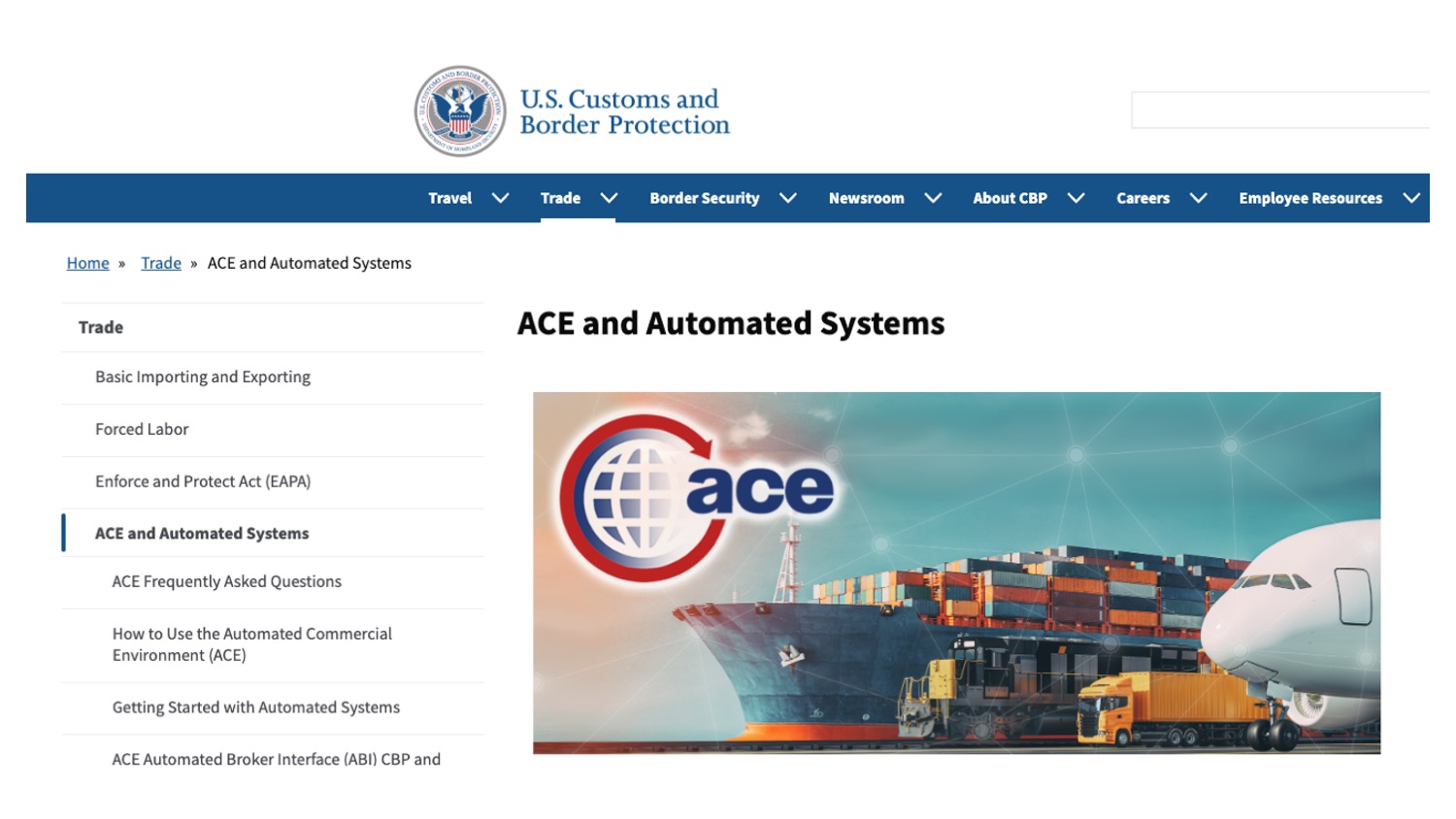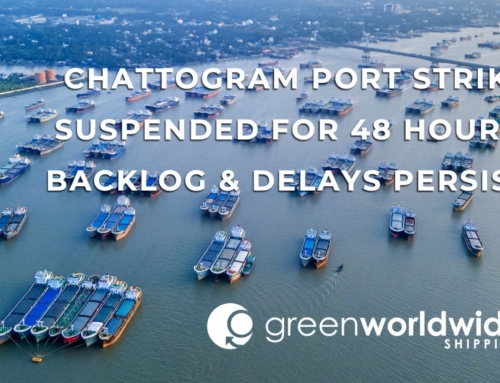WHY DID CBP MAKE THIS CHANGE?
CBP’s new automation is part of an ongoing effort to strengthen data integrity at the point of entry.
Importers are now required to provide complete and accurate:
- Cargo descriptions that are specific enough for CBP to identify the commodity.
- Consignee information that includes the full name and address.
- Shipper information identifying the foreign exporter or origin party.
Incomplete or vague descriptions have caused delays, triggered manual reviews, and contributed to port congestion. By automating rejections before arrival, CBP hopes to ensure shipments can be corrected and resubmitted without holding cargo at the terminal.
Examples of unacceptable cargo descriptions are available at https://www.cbp.gov/trade/basic-import-export/e-commerce/examples-unacceptable-vs-acceptable-cargo-descriptions
HOW DOES THIS AFFECT IMPORTERS AND SHIPPERS?
Stay up-to-date on freight news with Green’s Weekly Freight Market Update by following us on LinkedIn. For continuous updates, make sure to check out our website at greenworldwide.com.






